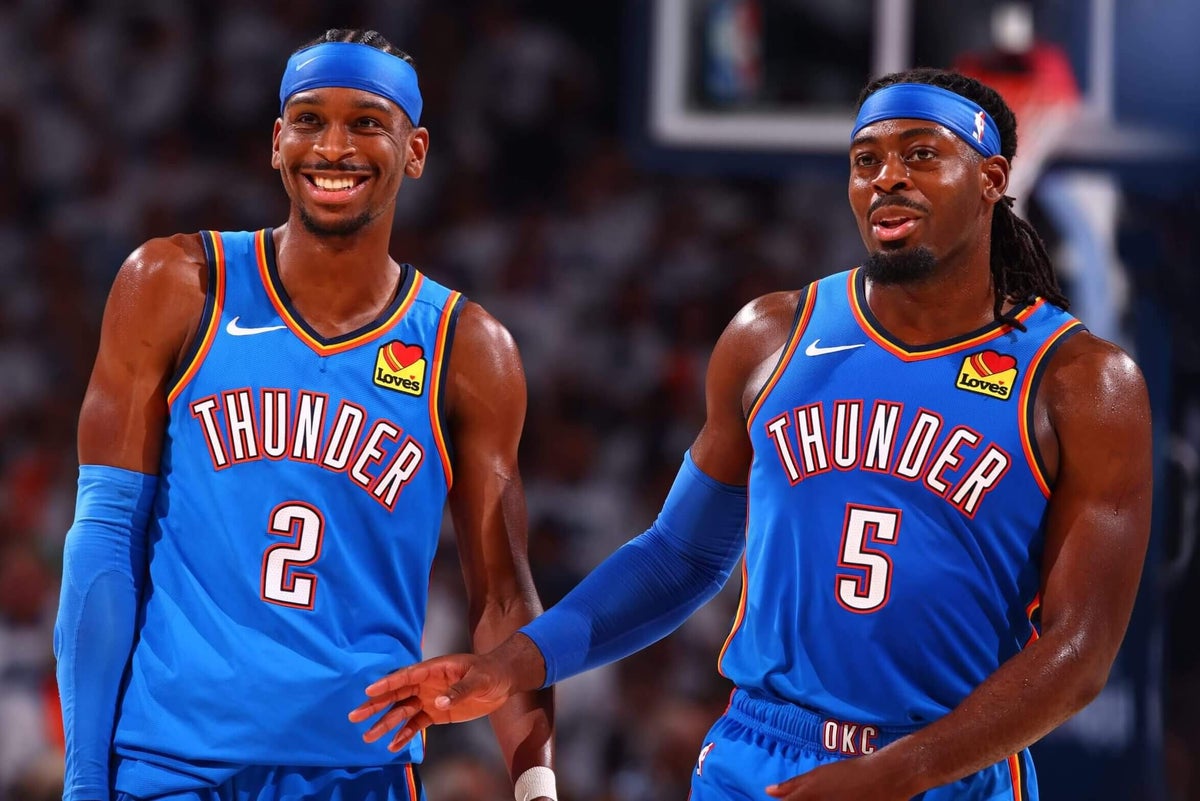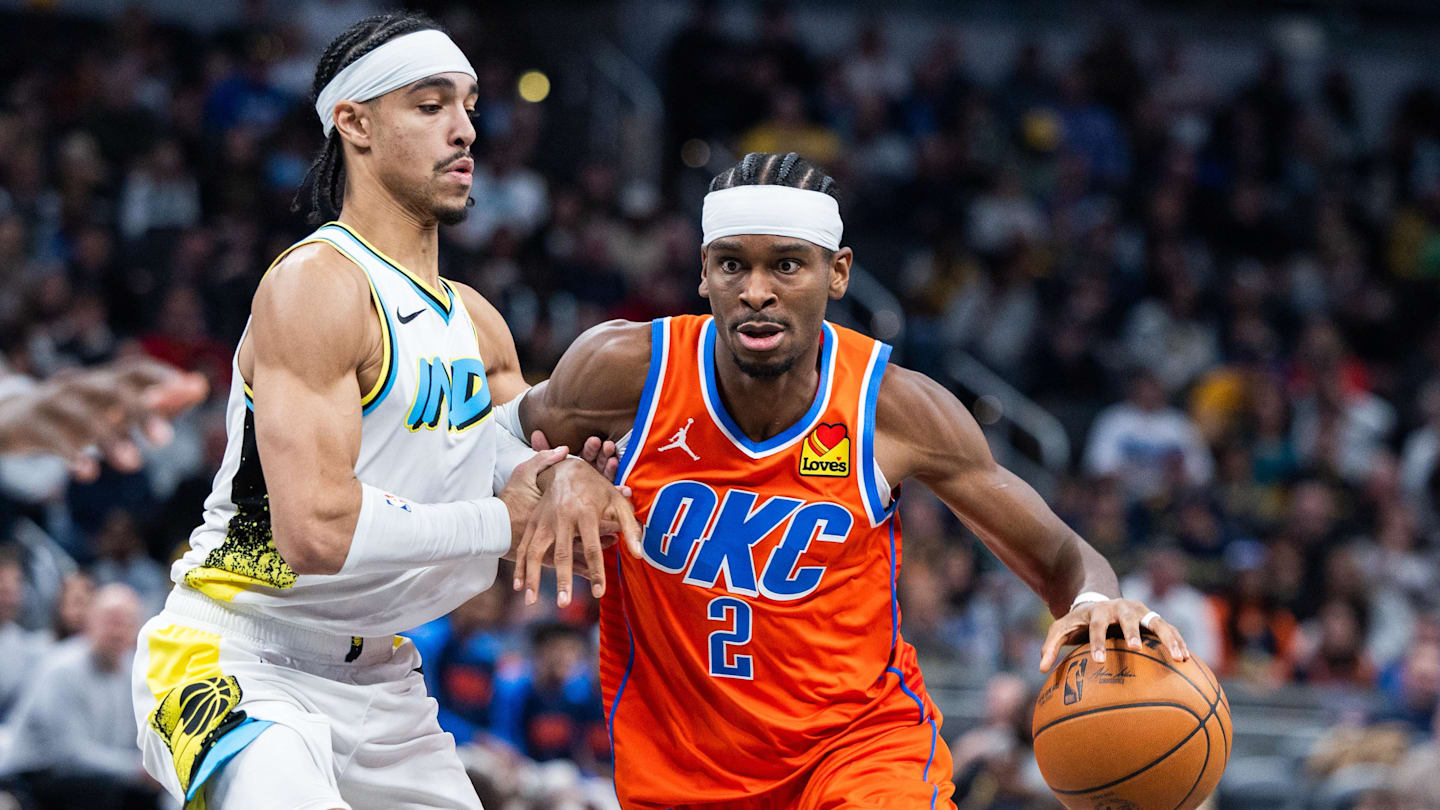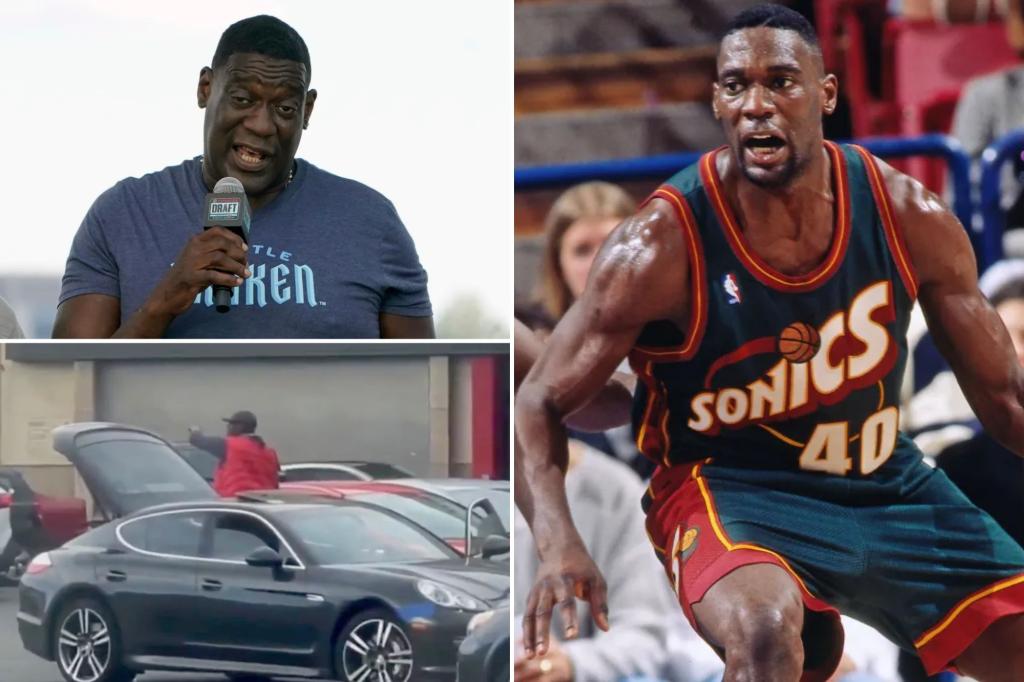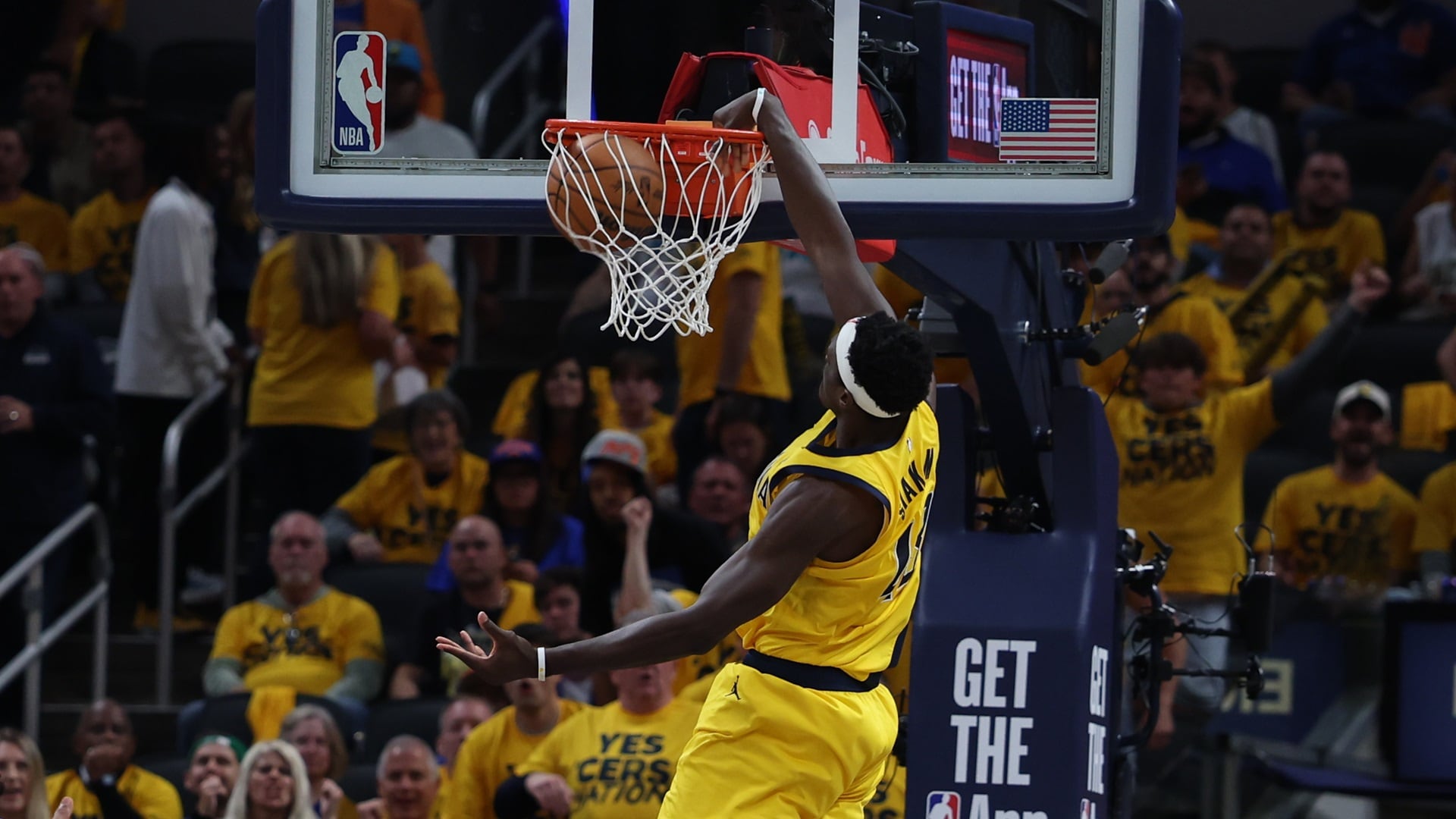
OKLAHOMA CITY — A year ago, the Oklahoma City Thunder were too young for this moment.
They were almost historically good in the regular season, but inexperienced enough not to realize that playoff basketball is essentially a different sport. The changes made to the roster after a second-round loss to the Dallas Mavericks were subtle but impactful. Out went Josh Giddey. In came Alex Caruso and Isaiah Hartenstein. Beyond that, this core of players, all in their early to mid-20s, had to rely on internal development.
Advertisement
On Wednesday night, as OKC donned T-shirts proclaiming them Western Conference champions and showered their coach Mark Daigneault with towels on the podium, the realization that they had taken another step in their journey was upon them. A 124-94 series-clinching win over the Minnesota Timberwolves was even easier and more lopsided than the final score suggests. A packed Paycom Center turned into a procession of standing ovations by the end of a dominant first quarter.
Oklahoma City advanced to the NBA Finals for the first time since Kevin Durant, Russell Westbrook and James Harden took the 2012 team to the cusp of the promised land. Like the 2012 team, this group, led by Shai Gilgeous-Alexander, Jalen Williams and Chet Holmgren, is young and full of energy, with the promise and hope of many championship runs in its future.
Unlike that 2012 team, which was thought to have a fighting chance against LeBron James and the Miami Heat, this group will be a heavy favorite over either the Indiana Pacers or New York Knicks, which are battling it out in the Eastern Conference finals. Either way, this OKC team has validated a 68-win regular season. And despite questions to the contrary in some quarters, they proved who they were all season.
“I thought the mental toughness displayed by the team was great,” Daigneault said. “With the opportunity to close the series out, it’s easy to drift ahead, obviously with a 3-1 lead. But we didn’t do that at all. We just played the next possession and did a great job to stack them up.”
This is why Daigneault refers to the Thunder as an uncommon group. Oklahoma City’s youth is much talked about, but it’s a real thing. Gilgeous-Alexander, the West finals MVP, is 26. Collectively, OKC is among the youngest teams in the league. But the group as a whole now displays a level of maturity that belies its years.
When they suffered their only loss of the series in Saturday’s Game 3, the Thunder never panicked. They went about their preparation during the day between Games 3 and 4, played a high-level Game 4 and got the road win they needed. Then their preparation for Game 5 became even more intense. Players, including Hartenstein and Lu Dort, stayed well beyond shootaround on Wednesday morning, getting extra shots up. Gilgeous-Alexander and Williams gently reminded their teammates that they hadn’t accomplished anything.
Advertisement
Thirteen years ago, Durant and Westbrook advanced to the finals with a Game 6 close-out win over the San Antonio Spurs in front of their home crowd. On Wednesday night, Gilgeous-Alexander’s goal was to give his home crowd the same kind of experience.
“What I wanted the most was for the fans to be able to enjoy this,” he said. “I wanted them to be able to enjoy the moment. I wanted to make sure that, above everything else, I could give them my energy and effort. I wanted the fans to get what they deserve.”
That’s another reason this group is uncommon. OKC has a roster that’s as well-rounded on and off the court as you can reasonably expect in the NBA. The youth and the upside suggest that this is the first championship run of many for the Thunder. The professionalism and the maturity suggest that this group has the mental bandwidth to reach its ceiling.
This is a team that, in a seven-game, second-round series win over the Denver Nuggets, faced three must-win situations in Games 4, 5 and 7 and won them all. They overcame two 40-point Nikola Jokić games. Then they overcame being blown out by the Timberwolves in Game 3. A 68-win regular season team became a model of resiliency when it needed to. And that’s why Minnesota hardly stood a chance on Wednesday.
Oklahoma City surrendered the first three points of the game, courtesy of a Julius Randle 3-pointer on Minnesota’s opening possession. Then the Thunder scored 11 consecutive points, forced a Minnesota timeout and cruised. Their defense was so good, so dominant and unyielding, that the Timberwolves could hardly get into their offensive sets. They made life miserable for Wolves superstar Anthony Edwards. And unlike Game 4, Edwards’ teammates couldn’t make shots to stay attached.
“They are like 15 puppets with one string,” is how Edwards described Oklahoma City’s defense.
In some ways, OKC’s blowout win was predictable. In Game 4, the Thunder were terrific defensively. They forced a bunch of turnovers. They forced Minnesota into a bunch of difficult shots. They harassed the Timberwolves off the dribble and sped up their offense. What made that game close and allowed Minnesota to score 126 points was the Wolves’ level of shotmaking. It wasn’t logical to expect Minnesota to shoot like that again in this series, which meant the Timberwolves would have to run a much cleaner offense than they did in Game 4.
Advertisement
In Game 5, Minnesota couldn’t figure out Oklahoma City’s defense, and its role players missed the same open looks they made in Game 4. Oklahoma City is one of the best defensive teams in NBA history. Dort, Caruso, Holmgren and Cason Wallace are some of the best defenders in the league. They pressure full court on almost every possession and then deny passing lanes as well as almost any NBA team in recent memory.
To find the last defense that pressured every inch of the court as well as the Thunder, you have to go back to the prime 1990s Chicago Bulls with Michael Jordan and Scottie Pippen, Dennis Rodman and Ron Harper. OKC’s ability to make teams uncomfortable running offense is historic, and Minnesota crumbled under that pressure all series.
“It’s great to feel like you didn’t leave anything on the table,” Holmgren said. “And I feel like we did that tonight. We can always be better; we’re going to look and see how we can do better. But, overall, I feel like we were able to come out tonight and play a really good game. Everyone up and down the roster played well. It’s a lot easier on the nerves than the close games.”
Thirteen years after falling just short of the summit, the Thunder have reached the same spot. Getting back hasn’t been easy. Trading for Gilgeous-Alexander was a stroke of luck because not many saw him becoming an MVP-level player and one of the best players in the world. But through the difficult seasons and a long rebuild, these Thunder are finally back.
Now they will attempt to reach the top of the mountain.
(Photo of Shai Gilgeous-Alexander and Luguentz Dort: Zach Beeker / NBAE via Getty Images)



